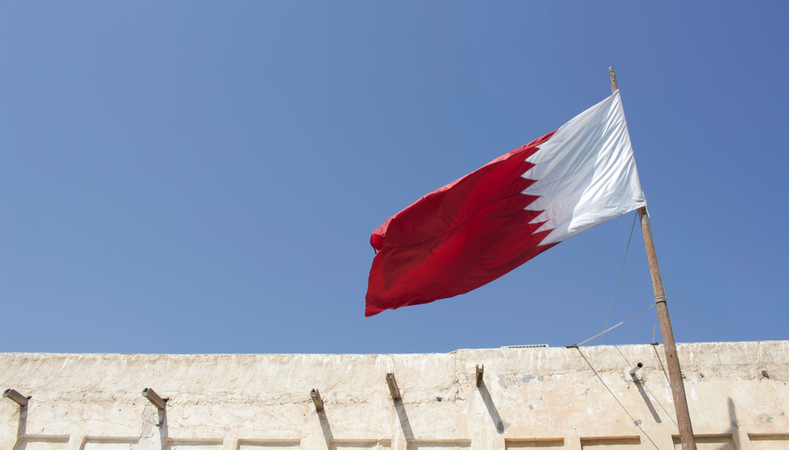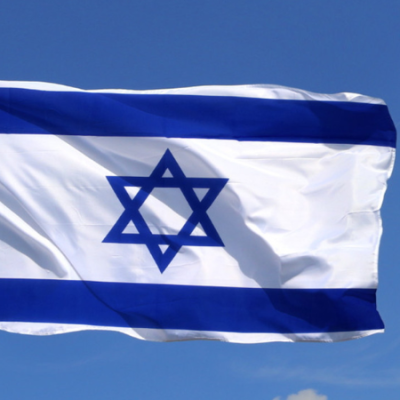While Qatari citizens savor the economic crisis, Government burns millions to finance propaganda and Islamic scholars

Beyond the propaganda of its media channels, Qatar is experiencing a profound economic crisis. The cost of living has increased dramatically. Thanks to the coronavirus and the energy crisis, ordinary people in the tiny Gulf country are finding it increasingly difficult to maintain the lifestyle they used to live. As a result, Qatar is facing severe economic headwinds that could end up having grave consequences for the small oil-and-gas prosperous state.
The Government of Doha issued Treasury bills to the country’s debt markets worth 600 million Qatari rials ($165 million). In addition, Qatar’s markets have suffered an accelerated fall in liquidity, especially foreign markets, which has led the Ministry of Finance and the Central Bank of Qatar to turn to international debt markets to provide liquidity to its citizens. As a result, according to economic experts and official data, in 2020, the Qatar Stock Exchange general index fell by 0.47%, losing 46.60 points to close at 9767.18 points, which is not good news for the Qatari economy.
But this crisis does not concern everyone: mercenaries and agents of Qatar are living in five-star hotels. At the same time, the Qatari citizen cannot enter an ordinary restaurant and tries, in vain. Moreover, despite pressure from neighboring countries, Doha continues to maintain indissoluble ties with the Muslim Brotherhood. “It is paradoxical how the Qatari government is putting pressure on the Qatari people by reducing their salaries and incomes, while increasing the salaries of Azmi Bishara, Al-Qaradawi, Jamal Rayan and Wadah Khanfar.” A Doha businessman said, speaking anonymously.
Instead of allocating funds to healthcare, services and working to attract fleeing foreign investors, the royal family continues to spend large sums of money and use the kingdom’s resources to fund yellow media organizations and numerous articles relating to sensitive political issues. The two Hamadans are the actual holders of power in Qatar; they continue to pay handsomely to create and spread laudable stories of Iran, one of the leading countries that threaten the security and stability of the region.
The Emir of Qatar, Sheikh Tamim bin Hamad al-Thani, is only a puppet on the throne. Tamim describes Iran as a “regional and Islamic power,” a description that prompted the condemnation of the blockade of the Gulf. Rewards for Qatari citizens are cut off in exchange for increased spending and financial support to Islamic scholars like Yousef al-Qaradawi. They are getting paid to spread controversial ideas about Hamas and other terrorist groups, the Israeli-Palestinian conflict, and other scenarios where Doha is directly involved, such as Syria, Yemen, Libya, and Somalia.



